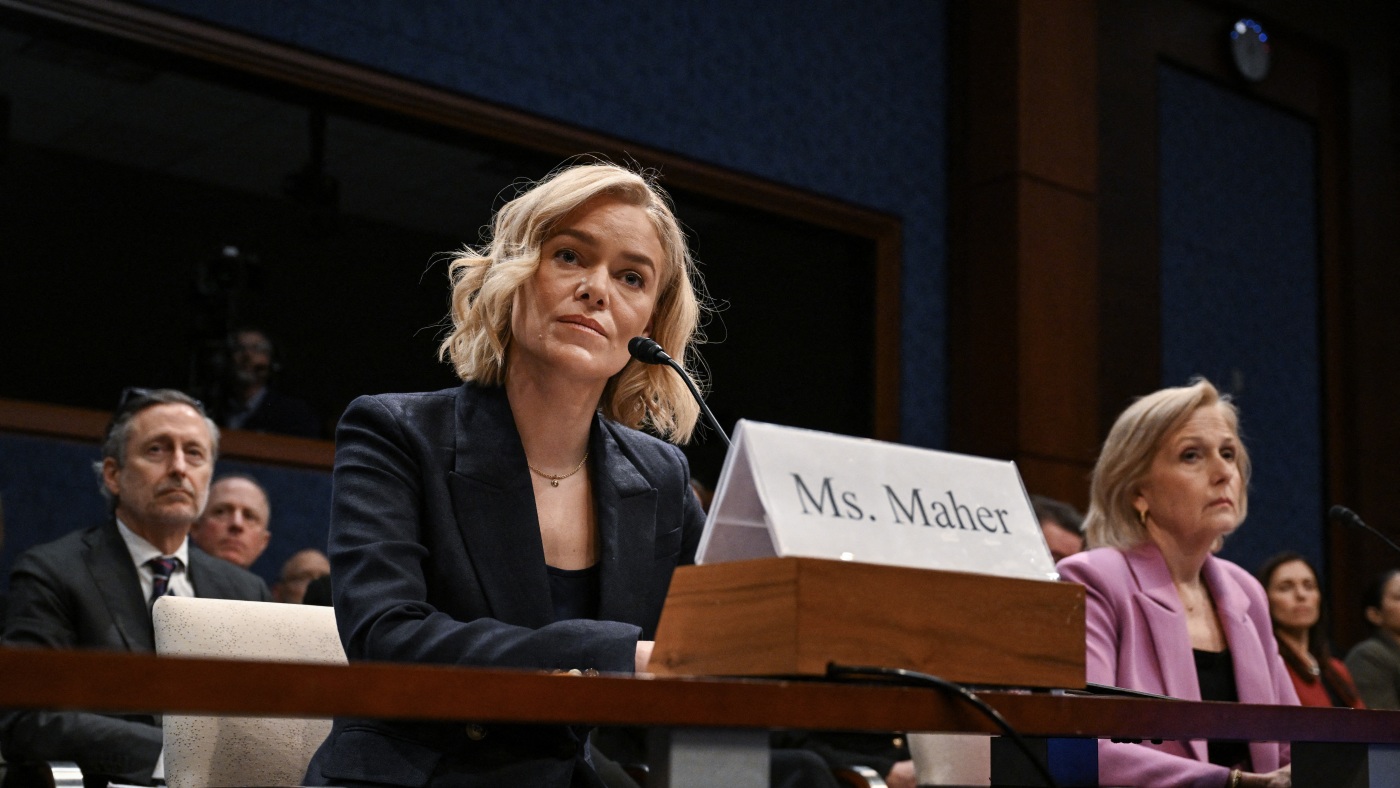The Trump administration has drafted a memorandum for Congress that outlines plans to end nearly all federal funding for public media, which includes NPR and PBS. This announcement was confirmed by a White House official speaking to NPR on condition of anonymity. The draft memo is expected to be sent to Congress once it reconvenes from recess on April 28, initiating a 45-day period for the House and Senate to approve or reject the proposed rescission, or otherwise allow the money to be restored.
In a statement issued on Monday, without mentioning the memo, the White House claimed that American taxpayers have long subsidized NPR and PBS, which it accused of disseminating biased content misrepresented as news. The statement highlighted examples deemed as biased news and claimed an intolerance for non-leftist views.
NPR is known for its acclaimed news programs, such as “Morning Edition” and “All Things Considered,” while PBS is renowned for “PBS News Hour” and educational children’s programming, including “Daniel Tiger’s Neighborhood.” Earlier in the month, President Trump criticized the public broadcasting networks on social media, urging Republicans to defund and dissociate from NPR and PBS, referencing them as harmful contributors to society.
The Trump administration is expected to suggest rescinding $1.1 billion in funding intended for the Corporation for Public Broadcasting (CPB), which partly funds NPR and PBS. This move appears to be influenced by a House Oversight subcommittee hearing held in March, where allegations of biased coverage against conservatives were raised.
In response to the potential funding cut, NPR stated that eliminating funding for the CPB would significantly impact American communities relying on public radio for news, culture, and important alerts. NPR emphasized its role in serving the public interest, highlighting a longstanding tradition of public-private partnerships for the common good of the nation.
PBS has yet to respond to these developments. During the hearing, public broadcasting leaders explained their mission to deliver non-partisan news and programming free of charge. However, some Republican lawmakers criticized perceived bias in reporting, with Rep. Marjorie Taylor Greene suggesting that biased content should not be produced on taxpayer money. Inquiries were also directed at NPR’s CEO, Katherine Maher, concerning past social media activity prior to her appointment, and at PBS CEO Paula Kerger regarding content involving a drag performer, which PBS stated was never aired on television but appeared on a local member station’s website.
NPR and PBS collectively offer locally focused content, reaching over 99% of the population, and are critical components of emergency and disaster response systems in various states. For the current fiscal year, Congress allotted $535 million to CPB, an amount affirmed in a recent short-term spending bill. CPB budgets, approved biennially by Congress, aim to minimize political influences, with current funding secured through September 30, 2027.
NPR receives approximately 1% of direct federal government funding, with additional indirect support via its member stations, which obtain 8% to 10% of their financing from CPB. Conversely, PBS and its stations receive around 15% of revenue from CPB. Much of CPB’s funding supports local stations, primarily to subsidize television operations, which are costlier than radio. The potential elimination of this financial backing could severely affect smaller stations, particularly in regions inadequately served by corporate media, thereby weakening the broader public media infrastructure. Alaska Public Media’s CEO highlighted the critical need for funding to enhance regional storytelling and connectivity across the nation.
A Pew Research Center poll discovered that 43% of surveyed adults favored ongoing federal support for NPR and PBS, with 24% opposing it. Political alignment showed marked differences, as 44% of Republicans recommended ending federal funding, while 69% of Democrats advocated its continuation.
Traditionally, public broadcasting has garnered bipartisan approval throughout its history, helping it withstand conservative attempts to abolish taxpayer funding. However, FCC Chairman Brendan Carr, Trump’s appointee, initiated an investigation into NPR and PBS, alleging violations of advertising restrictions. These organizations have been encouraged to increase private funding and meticulously cooperate with the FCC to comply with guidelines. Meanwhile, other U.S. government-supported news organizations have faced scrutiny early in the Trump administration.
A New York judge intervened by temporarily halting efforts led by presidential adviser Kari Lake to terminate the federally owned Voice of America. Similarly, a Washington, D.C. judge ruled that scheduled financial transfers to Radio Free Europe/Radio Liberty must continue. These legal contests argue that the Trump administration has overstepped its authority, infringing on Congressional rights, due process, and free speech. Despite this, the administration has managed to effect significant changes, notably involving the U.S. Institute of Peace (USIP) as Trump’s budget-cutting initiative resulted in a takeover attempt, currently under litigation.
Endeavors for defunding continued, with Kari Lake echoing Trump’s rhetoric by advocating to defund misleading news outlets. Meanwhile, former USIP employees have filed lawsuits, as the Justice Department reported planned asset transfers to the U.S. Labor Department. Legal proceedings continue without a temporary restraining order, despite judicial remarks on the administration’s aggressive approach.
